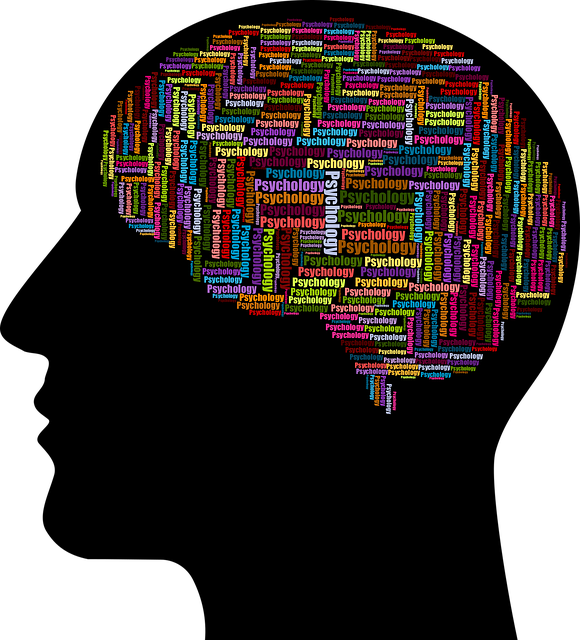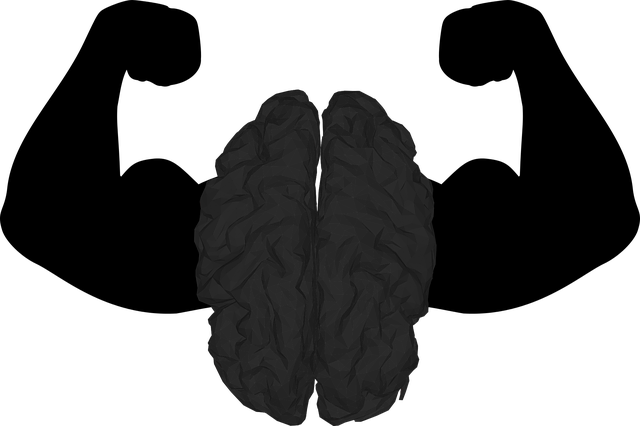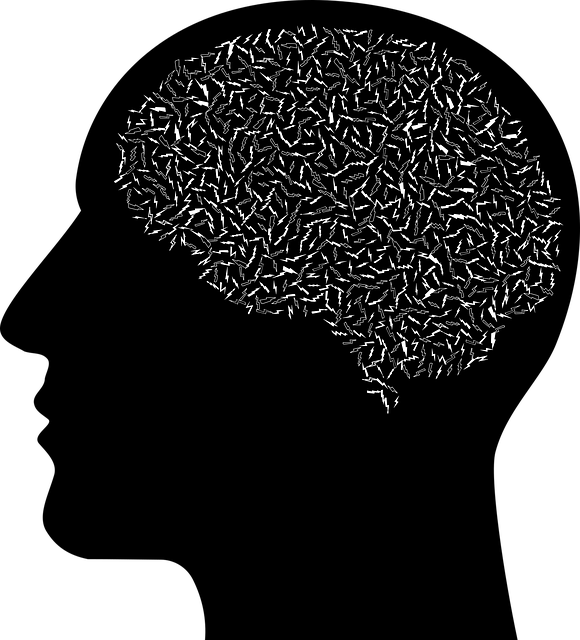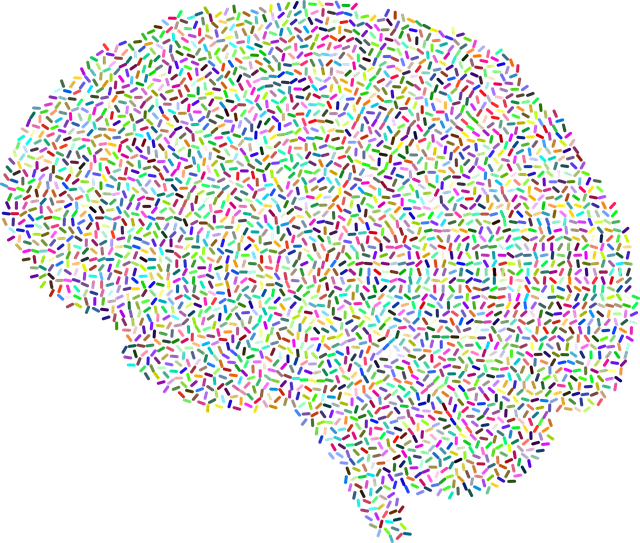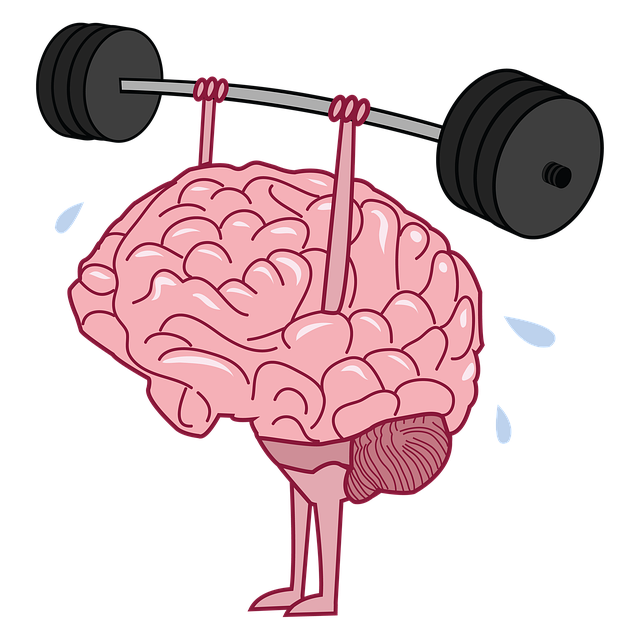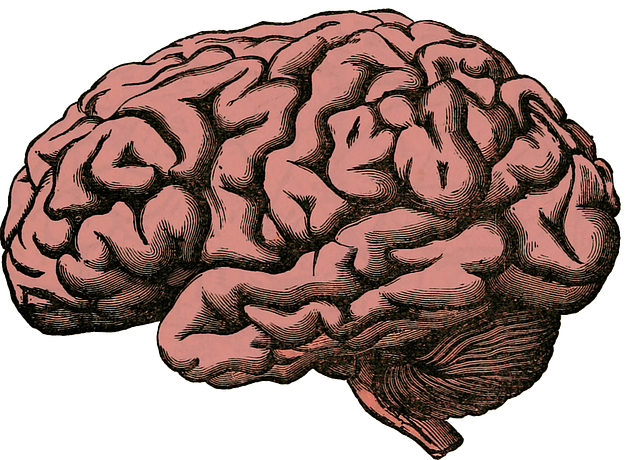Loss, grief, and bereavement significantly impact adults and geriatrics, requiring a nuanced approach in therapy settings. Effective support involves understanding cultural and personal influences, emotional processing, journaling, social skills training, and stress reduction techniques. Geriatric counseling specifically addresses complex emotions stemming from multiple losses and pre-existing mental health issues, emphasizing compassionate, culturally sensitive care for this demographic. Through evidence-based practices, therapists provide safe spaces for emotion processing, mental wellness promotion, and resilience building, empowering clients to cope with significant loss and enhance their overall well-being.
Loss, grief, and bereavement counseling are essential support systems for those navigating life’s most challenging transitions. This article delves into the complex interplay between loss, grief, and bereavement, exploring how therapy can aid adults and geriatrics in healing. We discuss unique considerations specific to geriatric bereavement and present effective therapies, offering a comprehensive guide for professionals and caregivers. Discover strategies to help clients process loss and find solace during difficult times, with a focus on tailored therapy for adults and geriatrics.
- Understanding Loss, Grief, and Bereavement: A Complex Relationship
- The Role of Counseling in Supporting Adults and Geriatrics
- Unique Considerations for Geriatric Bereavement Counseling
- Effective Therapies and Strategies for Healing After Loss
Understanding Loss, Grief, and Bereavement: A Complex Relationship

Loss, grief, and bereavement are deeply interconnected concepts that represent a complex emotional journey. Understanding this relationship is crucial for providing effective support to individuals navigating these challenges, especially in the context of therapy for adults and geriatrics. Loss can be defined as the absence or removal of something valued, while grief is the intense emotional response to that loss. Bereavement, on the other hand, refers to the period after a significant loss, characterized by the process of adjusting to life without the person or thing that was lost.
These experiences are unique for everyone and can vary based on cultural, personal, and societal factors. For adults and geriatrics, addressing these issues through therapy is essential as it aids in processing emotions, promoting mental health awareness, and even incorporating mental wellness journaling exercises guidance to cope. Additionally, social skills training can play a vital role in helping individuals rebuild their support systems and navigate new social dynamics after a significant loss.
The Role of Counseling in Supporting Adults and Geriatrics

Counseling plays a pivotal role in supporting adults and geriatrics navigating loss, grief, and bereavement. For many, talking through their emotions and experiences with a trained professional is an essential component of healing. Therapy for adults and geriatrics offers a safe, non-judgmental space to process complex feelings such as sadness, anger, guilt, and loneliness.
Through evidence-based approaches, counselors help individuals develop healthy coping mechanisms, enhance resilience, and cultivate meaningful ways to remember and honor their loved ones. Public Awareness Campaigns Development can further contribute to reducing the stigma surrounding grief, encouraging people to seek support when needed. Stress Reduction Methods and Stress Management techniques are also integral to counseling, helping clients navigate the often overwhelming emotional aftermath of loss while fostering a sense of inner peace and stability.
Unique Considerations for Geriatric Bereavement Counseling

Geriatric bereavement counseling presents unique challenges and considerations due to the specific needs and circumstances of older adults. As individuals age, they often face multiple losses, including the passing of spouses, friends, or peers, which can be particularly profound. These experiences may trigger complex emotions and memories, especially when intertwined with the potential for pre-existing mental health issues like depression or anxiety. Therapy for adults in geriatrics requires a nuanced approach that acknowledges these complexities.
Counselors providing trauma support services to this demographic must be attuned to the unique cultural and social contexts of older individuals. Healthcare provider cultural competency training is invaluable in understanding the diverse experiences and beliefs that can shape an individual’s perception of grief and bereavement, fostering more effective mental illness stigma reduction efforts. Tailoring counseling sessions to address these specific considerations ensures that geriatric clients receive compassionate and culturally sensitive care tailored to their unique needs.
Effective Therapies and Strategies for Healing After Loss

After experiencing a significant loss, seeking therapy can be transformative for individuals navigating grief and bereavement. Effective therapies for adults and geriatrics alike offer safe spaces to process emotions, fostering mental wellness. One powerful approach involves self-awareness exercises that encourage introspection and understanding of one’s feelings. By exploring thoughts and emotions openly, individuals gain valuable insights into their coping mechanisms and triggers.
Additionally, therapists skilled in mood management techniques can help clients develop strategies to regulate negative emotions associated with loss. This may include teaching relaxation methods, cognitive reframing, or mindfulness practices. Such interventions empower individuals to cultivate resilience and enhance their overall mental wellness during challenging times.
Loss, grief, and bereavement counseling play a pivotal role in helping adults and geriatrics navigate the complex emotions that follow significant loss. By understanding the unique dynamics of grief and employing evidence-based therapies, counselors can foster healing and enhance the quality of life for those struggling with bereavement. These strategies are essential for supporting both younger adults and elderly individuals as they process their losses and find paths to resilience and emotional well-being, especially considering the specific considerations that arise in geriatric bereavement counseling.
